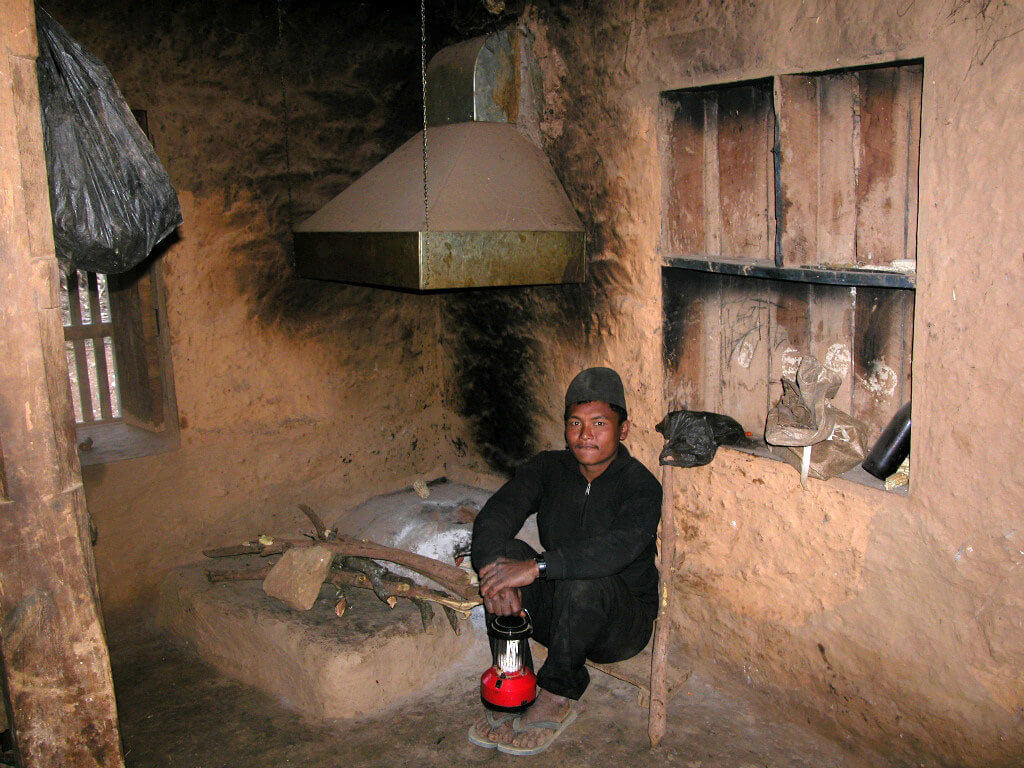CLARK COUNTY, WA – The superintendents of eight Clark County school districts are recommending to their school boards that a return to school this fall should happen through an improved version of remote/distance learning. The recommendation is based on reviews of the latest health and science data on the Covid-19 virus, discussions with health department leaders and input from staff and families.
These are the eight school districts recommending remote/distance learning:
- Battle Ground
- Camas
- Evergreen
- Hockinson
- La Center
- Ridgefield
- Vancouver
- Washougal
According to state guidance, school boards must approve a district reopening plan two weeks prior to the official start of the school year and before any plan can be implemented.
“The virus growth trajectory in Clark County and our surrounding region makes it clear that resuming school in-person this fall could result in more widespread infections,” said Vancouver Public Schools Superintendent Steve Webb. “That’s a risk we simply cannot take. Protecting the health and safety of our students and staff is our number one priority.”
A peer-reviewed study recently released by Seattle-area researchers for the Institute for Disease Modeling (IDM) concluded that the relationships between reopening community, workplace and schools are intertwined—as community activity rises, so does the level of infection within a community. Further, the study estimated that if community activity were to rise above 70 percent of pre-COVID activity, no amount of intervention in schools (masks, physical distancing and hand washing) would prevent the virus from spreading rapidly in the community. Additionally, recent data collected since the report was drafted indicates that levels of disease activity following counties moving to Phase II are too high to support the reopening of schools at this time.
In preparation for the possibility of remote/distance learning, Clark County school districts have enhanced their remote/distance learning 2.0 plans. After receiving feedback from families and educators, districts have made the following improvements:
- Streamlining education apps and tools for more seamless content delivery,
- Investments in remote learning infrastructure that support internet connections, updated devices and online-friendly curriculum for students,
- Providing additional training on best practices for remote instruction to educators.
“Distance Learning 2.0 is an improved and more accountable model than the version experienced by families and students this past spring,” said Washougal School District Superintendent Mary Templeton. “Clark County educators are committed to ensuring students continue to make progress in their learning during the pandemic, and Distance Learning 2.0 reflects that commitment.”
Clark County school districts also will follow requirements from the Washington State Office of the Superintendent of Public Instruction (OSPI) to:
- Work with community partners to identify child care options for school-aged students whose families don’t have the option to stay home with a child each day;
- Address gaps in connectivity and technology access so each student has sufficient opportunity to continue their learning outside of the classroom;
- Continue providing school meals to the students who rely on them; and
- Utilize local data to determine which of their students need additional intensive learning supports, and provide those supports remotely if possible or in-person when that is the only effective delivery method.
- Have weekly schedules for each student, daily engagement or assigned work for each student, and requirements for daily attendance.
- Meet the number of instructional days and hours required in state law, consistent with the State Board of Education’s rules on the definition of an instructional hour.
“School districts will continue to work closely with public health departments to transition eventually to a hybrid learning model, which combines in-person learning with remote learning,” said Ridgefield School District Superintendent Nathan McCann. “The transition to in-person education will depend heavily on how much the virus is spreading in the community and the steps we take now to slow the spread of COVID-19.”
School superintendents recommend using the Washington State Safe Start Phases as a framework for returning to in-person instruction. Phase III would enable districts to begin transitioning to limited, in-person instruction (a hybrid model of some in-person and some remote/distance learning). Phase IV would enable districts to adjust this hybrid model to include more students.
“We all play a role in stopping the spread of the virus and helping schools to return to in-person learning,” said Dr. Alan Melnick. “By wearing a face covering, maintaining physical distancing and washing our hands frequently, we can help get kids back in the classroom.”






























